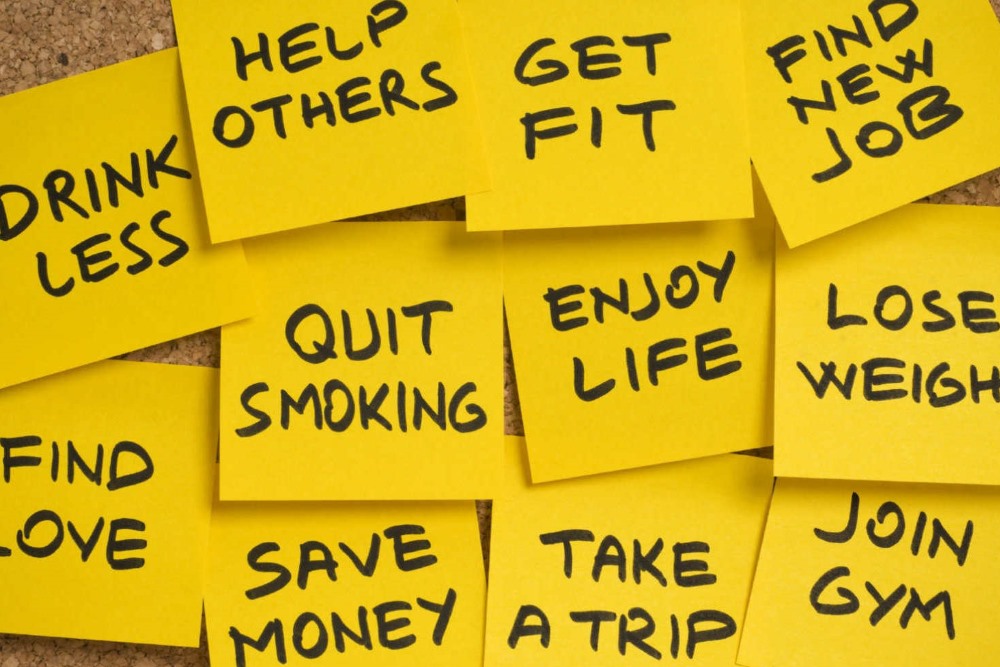For many youngsters completing their HSC or School Certificate, the next few months are going to be very stressful. Stress is not technically a ‘bad’ thing; without it, humankind wouldn’t have been able to achieve some of the most wonderful things we have. The problem lies where stress is experienced for long periods – this we know is what causes damage. Small amounts of stress can help students to keep focus, but everyone reacts differently to stress and its effects.
Some people feel pressure and develop stress symptoms more than others. Stress responses can differ between males and females as well, with research showing females present internal symptoms and responses such as nausea, butterflies and feelings of inadequacy which can lead to sadness and depression. Males tend to externalise their anxiety and can become increasingly irritable or angry.
When someone is faced with increased pressure (in this case at exam time) their body can go into a ‘fight or flight’ response which releases increased amounts of adrenaline into the body. This can lead to various symptoms including:
- Feeling cranky and irritable (increased yelling or crying, swearing, hitting)
- Indecisiveness and/or confusion
- Problems with going to sleep or getting up in the morning
- Strongly beating heart, sweating
- Mild chest pains, back pains, nausea, trembling, shortness of breath
- Minor stomach upsets
- Possible skin breakouts
- Teeth grinding, nail biting and fidgeting
- Constipation or diarrhoea
- Going blank in the exam.
One of the best things parents or carers can do if their child is experiencing exam stress is to try to be as supportive and tolerant as possible. Encouraging positive lifestyle habits can help the exam period seem easy.
Get That Organised Feeling…
- Picture your exams as a time-bound project. Are the exams 60 days away? That’s your 60-day challenge. Best of all, there’s a definite end point.
- Work out the basics: which exams you have, how the marks are allocated, and how much you have to learn for each one. Don’t expect to learn everything, but having in mind where you’ll get the marks can help you prioritise.
- Break your revision down into small chunks, and form a plan. Once you’ve got a plan, you won’t have any more dilemmas at the start of the day about what to work on.
- Schedule in plenty of free time to unwind, and protect this time. Nobody can work all day every day. Give yourself plenty of rest and you can do the same amount of work in half the time or less.
- Equally, don’t panic if you go slightly off schedule – tomorrow is another day.
Get Into Some Good Habits…
These habits will help you concentrate as well as reducing stress!
- Take frequent breaks. Psychologists say we can only concentrate properly for 30-45 minutes. When you’re on your break, do something completely different – move away from your desk, walk about, or make some tea!
- Eat well. Keep blood sugars level to avoid highs and lows of energy, by eating slow-release foods like healthy fats, proteins, fruit and veg.
- Drink lots of water. People often underestimate how much hydration helps!
- Think about when and where you work best. Some of us aren’t morning people and not everybody finds themselves productive in the library. There’s no one best place or time to work – it’s about what works for you!
- Keep active. Even a short walk will do. Exercising is one of the quickest and most effective ways to de-stress. Fresh air will clear your head and perk you up.
- Sleep! Try to get about 8 hours’ sleep a night. If you’re stressed about not being able to sleep, there are lots of ways you can overcome sleep problems.
- Find activities that help you relax. Maybe it’s a hot bath, watching a TV show, or a creative activity. Schedule this down-time into your timetable.
Avoid Bad Habits…
- Don’t set yourself ridiculous goals. Nobody can revise 10 topics in a day! Avoid setting the day up to be a disappointment.
- Don’t cut out all the enjoyment from your life. It’s tempting to decide you’ll just knuckle down to work and “focus”, but this is counterproductive – it’s impossible to focus without giving your brain rest by doing other activities.
- Avoid stimulants. Caffeine, alcohol and drugs impede your energy and concentration in the long term. It’ll also make it more difficult to get that much-needed sleep.
On Exam Day…
- Eat a good and light breakfast – something that will sustain you and help you concentrate.
- Try to arrive at school or the exam venue early.
- Go to the toilet before the exam starts.
- Keep away from people who may agitate you before the test or may say unhelpful, anxiety-provoking comments.
- Try writing about your thoughts and feelings at least 10 minutes before the exam to free up brainpower from focusing on emotions, so you can focus on the test material instead.
- Take time to slow their breathing and relax when you first sit down in the exam room.
- Skim over the exam paper, underlining key words and instructions.
- Work out how long you have for each question or section.
- Watch out for the wording of the questions – you need to understand and address what the question is really asking.
- Answer the questions you find easiest first to build your confidence, then as you relax more move on to more difficult ones.
- Don’t worry about how long others are taking but keep an eye on the clock to ensure you have enough time to answer the more difficult questions.
- Re-read answers if possible and make any changes that are necessary – correct spelling, check workings.
Other Tips…
- Eat well. Sugar may give an instant energy hit but, eventually, it will make you even more nervy than before. Whole foods provide sustained energy, freeing your body from the extra stress of big highs and even bigger lows.
- Exercise increases blood flow, including to the brain, and provides a buffer against anxiety associated with minor stress, but keep it gentle. Evidence suggests that while light-intensity exercise lowers anxiety, a high-intensity workout can make it worse. Yoga is a good choice.
- Avoid stimulants. Caffeine stimulates the central nervous system and heightens emotions. Nicotine is also a stimulant, so using cigarettes to calm your nerves may only deepen anxiety.
- Alcohol may help you to feel relaxed but at a cost. Apart from a rebound stimulant effect (hyperexcitability), alcohol is an amnesiac; it helps you to forget – bad news around exam time.
- Supplement. Stress depletes the body of stress-busting vitamins C, E and the B-complex family, magnesium and zinc. A good-quality multivitamin or stress supplement should help replace what is lost.
- Try aromatherapy. Sprinkle lavender essential oil on your pillow to help you sleep. Lemon oil is also effective. Put a few drops of lavender or rosemary on a handkerchief to inhale before an exam as these can improve mental clarity. Aromatherapy massage also has a mild, transient anxiety-reducing effect.
- Drink water. Your brain cells work better when you are hydrated.
- Stay positive. Don’t reinforce fears with negative thoughts. Thinking positive can change paralysing stress into motivating stress. In healthy adults, after a month, positive thinking made their outlook more positive; objective testing revealed a 23 per cent reduction in cortisol (a stress hormone) and a 100% increase in DHEA (an anti-stress hormone)
- Meditation can reduce anxiety and panic attacks in the long term.
- Consider herbs that help maintain balance during stress. While the herb Panax ginseng can also be a stimulant, the gentler Siberian ginseng is said to sharpen mental alertness and help cope with stress.
Being well prepared before, during and after the exam period will ensure the exams come and go without major stress and disruption.
Good Luck!
Got some questions or tips of your own? Let us know in the comments!


